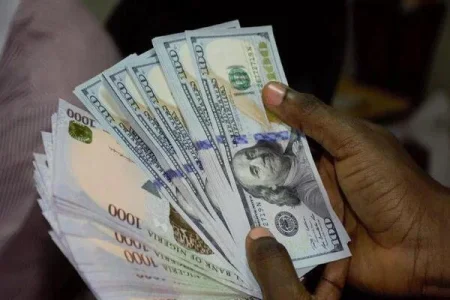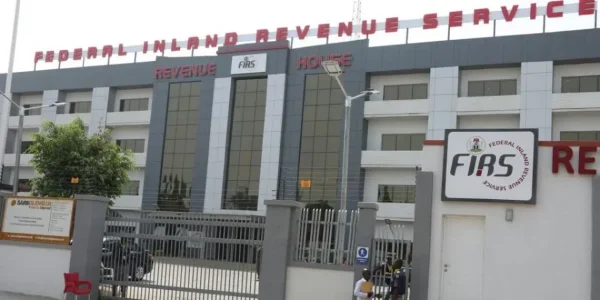
The Nigerian Naira saw a significant appreciation in the parallel market on Monday, strengthening to N1,590 per US dollar from N1,610 the previous week. However, in the official foreign exchange market, the currency depreciated to N1,495.60 per US dollar, down from N1,474.78.
The Nigerian Naira strengthened to N1,590 per US dollar in the parallel market but weakened on the official market, trading at N1,495.60. Analysts attribute fluctuations to external factors like oil prices and foreign exchange policies, with the Central Bank of Nigeria continuing efforts to stabilize the currency.
This discrepancy between the two markets highlights the ongoing volatility of the Naira. Analysts attribute the Naira's overall strength to increased local petrol refining capacity, higher foreign exchange inflows, and swift policy interventions from the Central Bank of Nigeria (CBN). In January, the Naira traded between N1,506 and N1,560 per US dollar, with fluctuations mainly influenced by external factors like global oil prices and investor sentiment.
Despite recent appreciation, experts caution that the currency may experience fluctuations due to these external factors, and more interventions from the CBN could be necessary for continued stability. The CBN has been enforcing measures to stabilize the currency, including tightening regulations for Bureau De Change (BDC) operators and increasing dollar liquidity in the official market. Additionally, Governor Olayemi Cardoso recently emphasized that violations of the newly introduced Nigeria Foreign Exchange (FX) Code would attract severe penalties.
The central bank has also waived the non-refundable annual license renewal fee for BDC operators to ease financial obligations, further stabilizing the FX market as part of its broader strategy to promote long-term stability in Nigeria's currency market.




